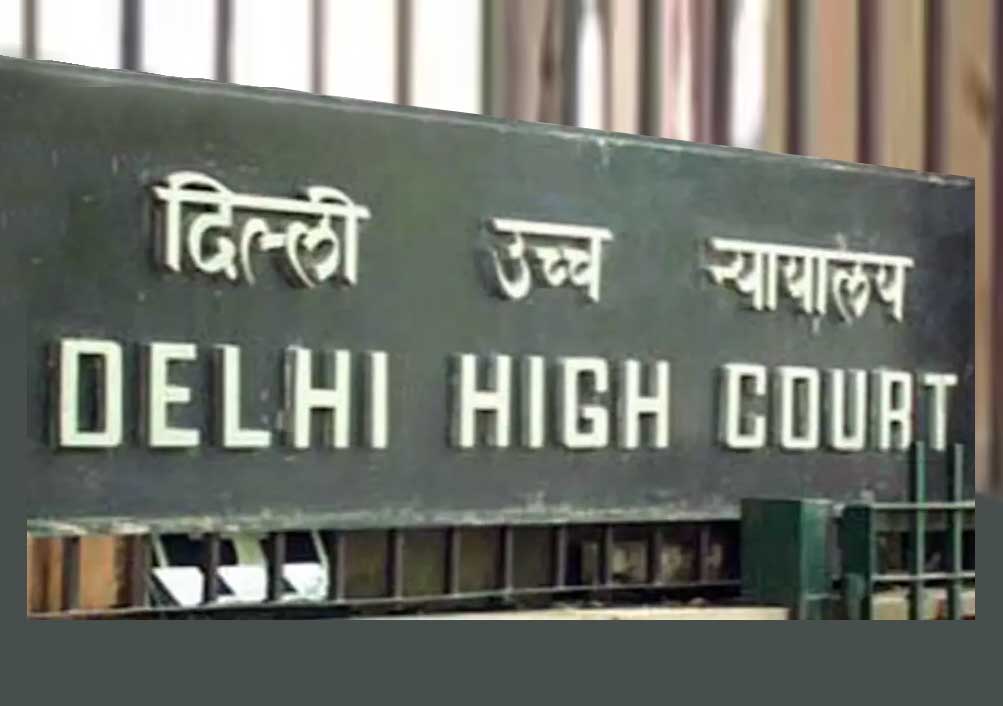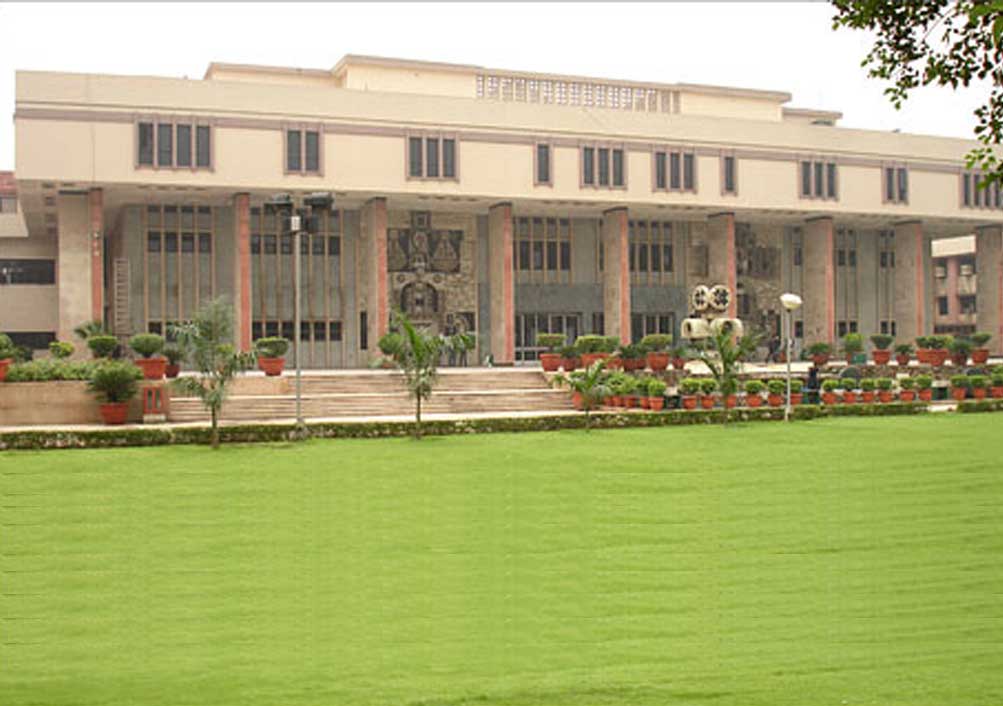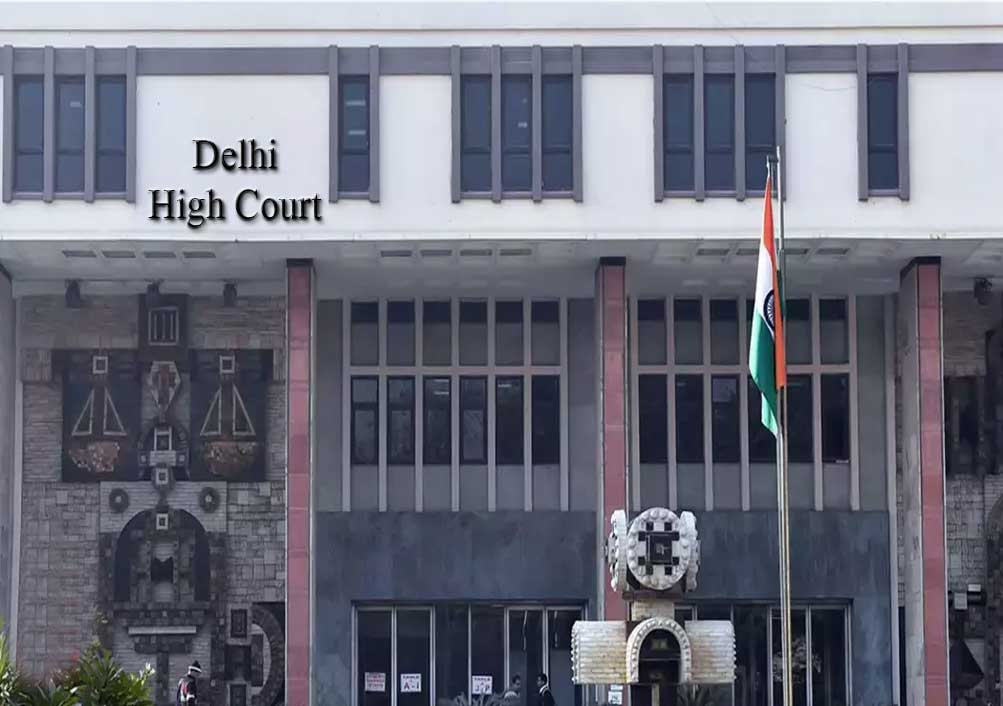In CWP No. 12722 of 2022 – PUNJ HC – Rules of game can’t be changed once game has started, says P&H HC in service law matter wherein minimum qualifying marks were prescribed seven months after result of written exam was declared – Justices G. S. Sandhawalia & Vikas Suri [02-06-2022]

Read Order: Employees’ State Insurance Corporation and Another v. Amandeep Singh and Others
Monika Rahar
Chandigarh, June 30, 2022: In light of the law laid down by the Supreme Court, the High Court of Punjab and Haryana has reiterated that the rules of the game cannot be changed once the game has started. The High Court was dealing with a case wherein the minimum qualifying marks were fixed seven months after the declaration of the results thereby causing prejudice to the candidates who already made it to the merit list.
Challenge in the present writ petition before Justice G. S. Sandhawalia and Vikas Suri, filed under Articles 226 and 227 of the Constitution of India was to the order of the Central Administrative Tribunal, Chandigarh Bench (‘the Tribunal’) wherein, the original application of the private respondents was allowed and directions were accordingly issued to consider the case of the applicants on the basis of marks obtained by them in the combined merit list of all candidates for the post of Laundry Operator, Nursing Orderly and Cook Mate.
Resultantly, directions were issued to the effect that the documents be verified and if the applicants are found eligible, to issue appointment letters to them on their respective posts as per their merit without taking into consideration the criteria of category-wise minimum qualifying marks/benchmark.
The Tribunal while issuing necessary directions came to the conclusion that the selection process which was initiated on the issuance of the advertisement which indicated the mode of selection for the posts on the basis of written examination, did not give any condition regarding the discretion of the authorities to fix any minimum qualifying marks to be obtained in such examination.
The Tribunal further added that the factum of authorities having such discretion was mentioned in a notice issued in 2015 and also that in the subsequent notice of March of 2016 there was no such stipulation. Later, the minimum qualifying marks were notified in January 2017 after the result was declared in June 2016. Resultantly, it was held that the written examination was held in March 2016 and the result was declared in June 2016, well before the date of notifying the criteria of minimum qualifying standards in January 2017.
The right of the respondents to fix the minimum qualifying criteria was doubted at that stage and it was held that the candidates should have been made known the said fact before the initiation of the selection process because the fixing of minimum qualifying marks in the competitive examination is not only required to be known in advance to the candidates but it is important for the paper setters and the examiners also to know about the minimum qualifying standards fixed to decide the level of difficulty and syllabus for the examination.
Resultantly, keeping in view the fact that the criteria of minimum qualifying standards had been fixed 7 months after the declaration of the results, the original applications were allowed.
The Court, after considering the factual position of this and the decision of the Tribunal came to the conclusion that the judgment of the Tribunal could not be faulted in any manner as the criteria were changed to the detriment of the applicants. The Court also noted that at an earlier point in time, they figured in the merit, however, on account of fixing the minimum criteria by subsequent decision post the examination, the cut-off was prescribed.
Thus, the Bench asserted that the rules of the game were changed, once the selection process had started, which was not permissible.
Further, after examining the order whereby the minimum qualifying marks were prescribed, the Bench stated,
“We have also examined the said order and the same does not as such find any mention that the same is to be applied retrospectively and, therefore, we are of the considered opinion that by prescribing the minimum qualifying benchmarks, which was between 30% to 45% for different categories, the private respondents have been prejudiced,” the bench held.
Reliance in this respect was placed upon the Apex Court in K. Manjusree vs. State of A.P. and another wherein, the power of the Selection Committee to prescribe the minimum marks for an interview was upheld but it was held that it could not be done after the commencement of the selection process on the principle that the rules of the game cannot be changed once the game has started.
Keeping in view the above-stated, the writ petition was dismissedin limine.
Sign up for our weekly newsletter to stay up to date on our product, events featured blog, special offer and all of the exciting things that take place here at Legitquest.




Add a Comment